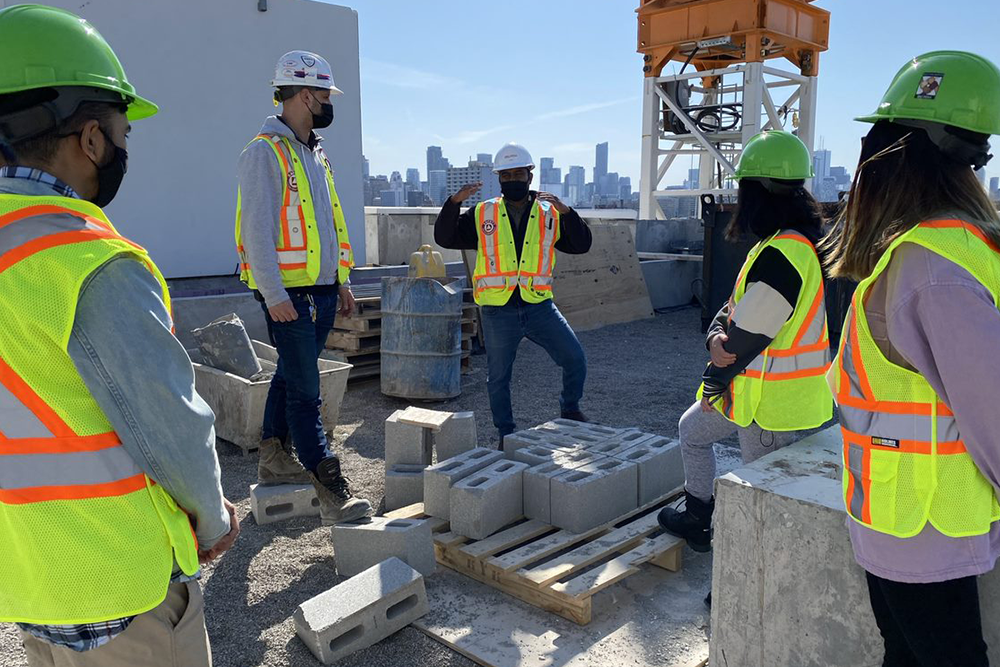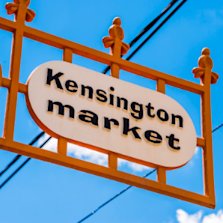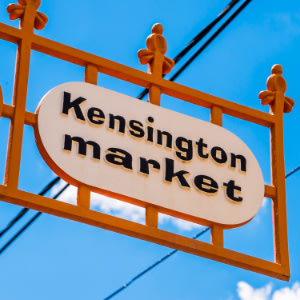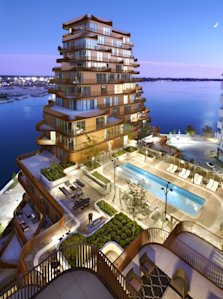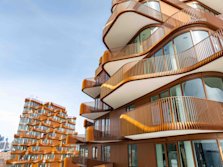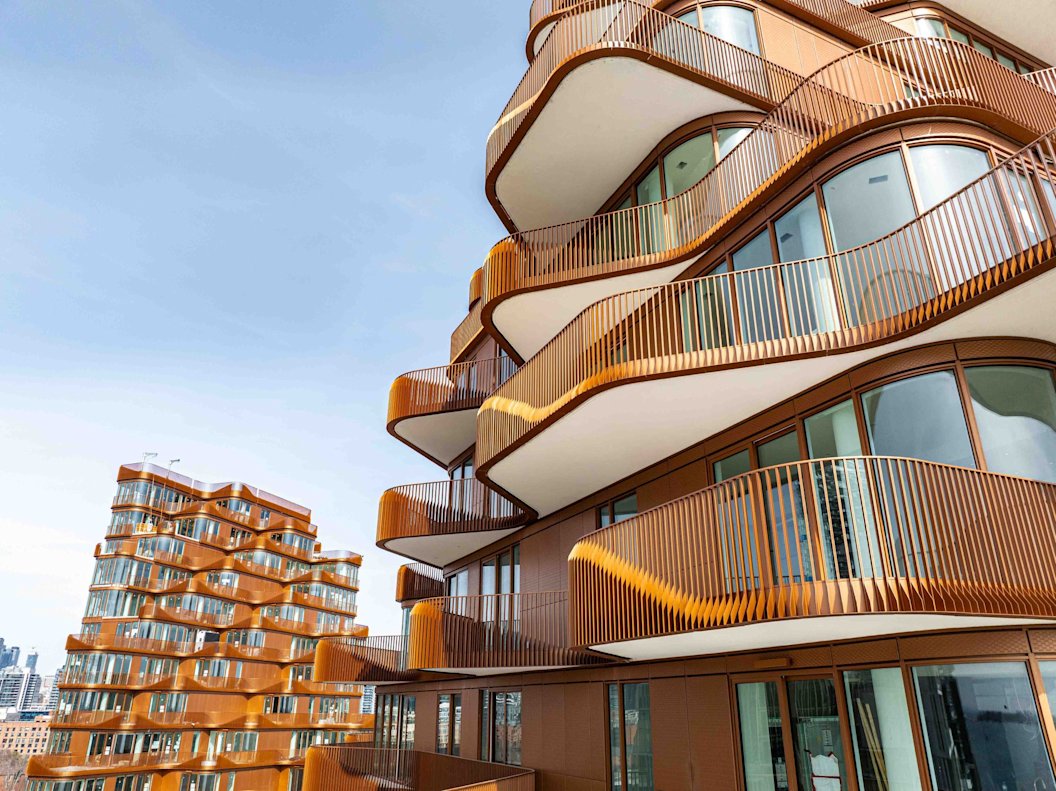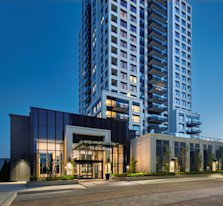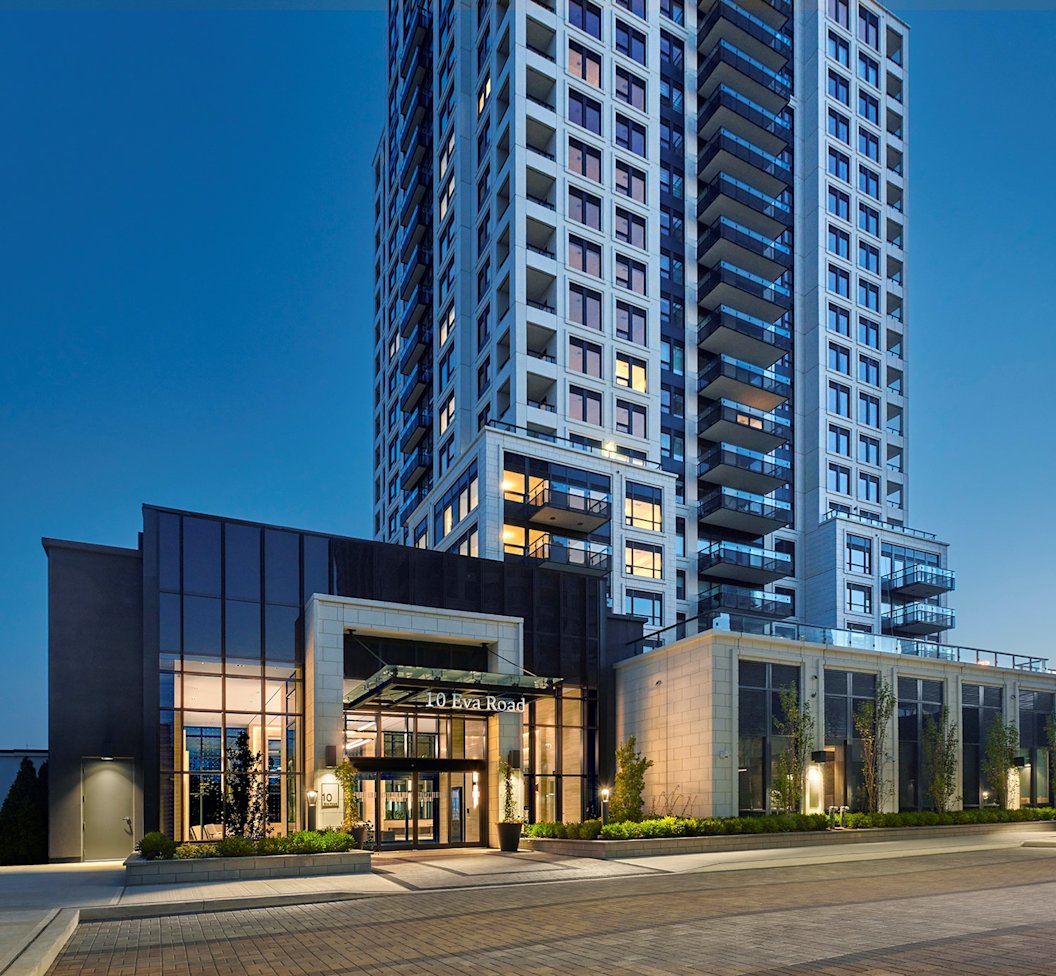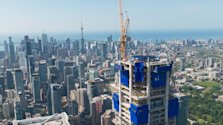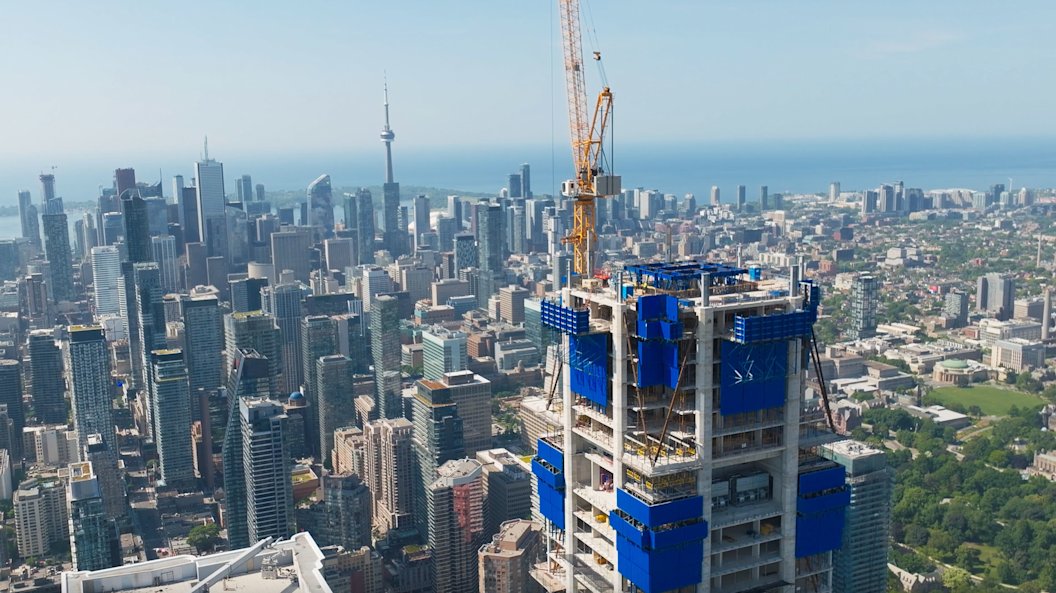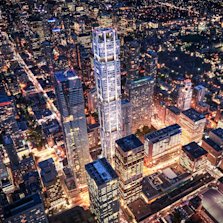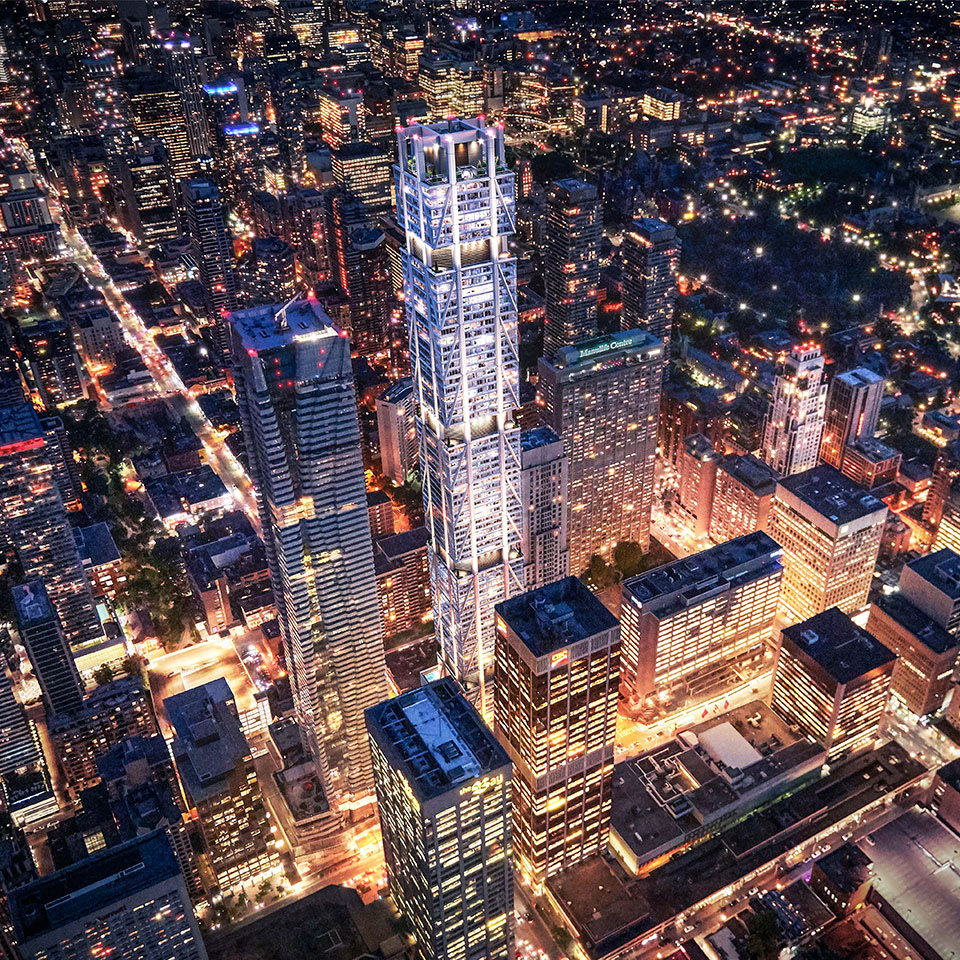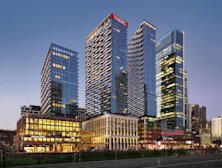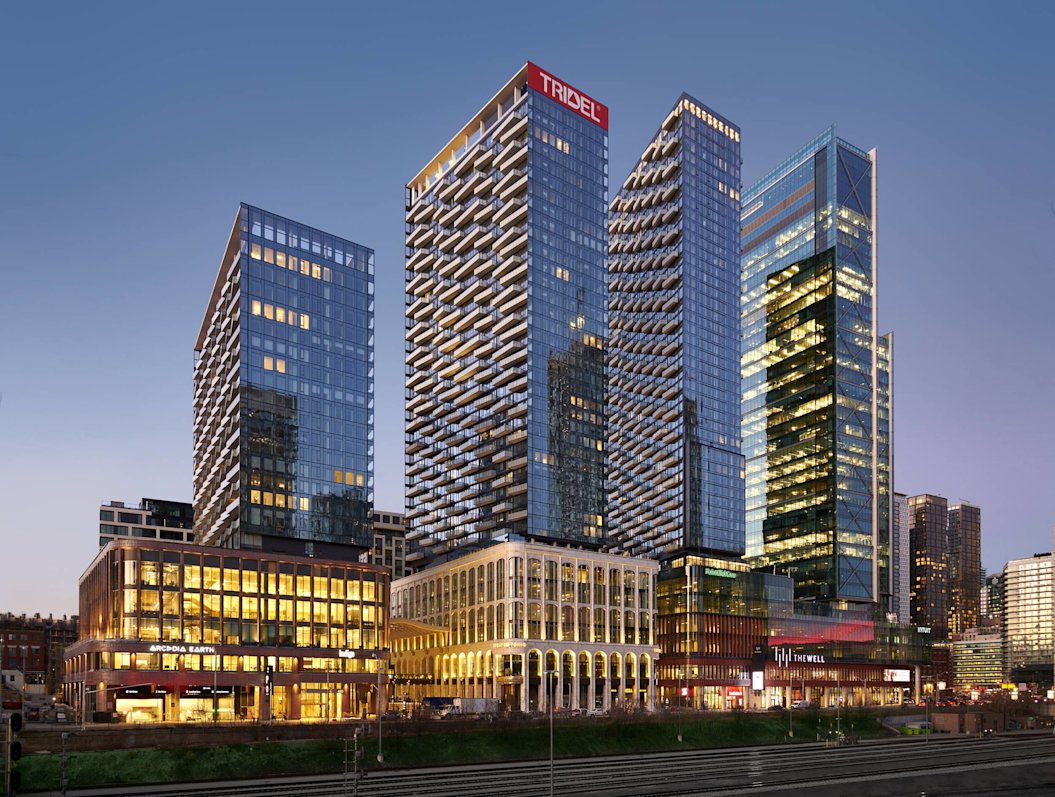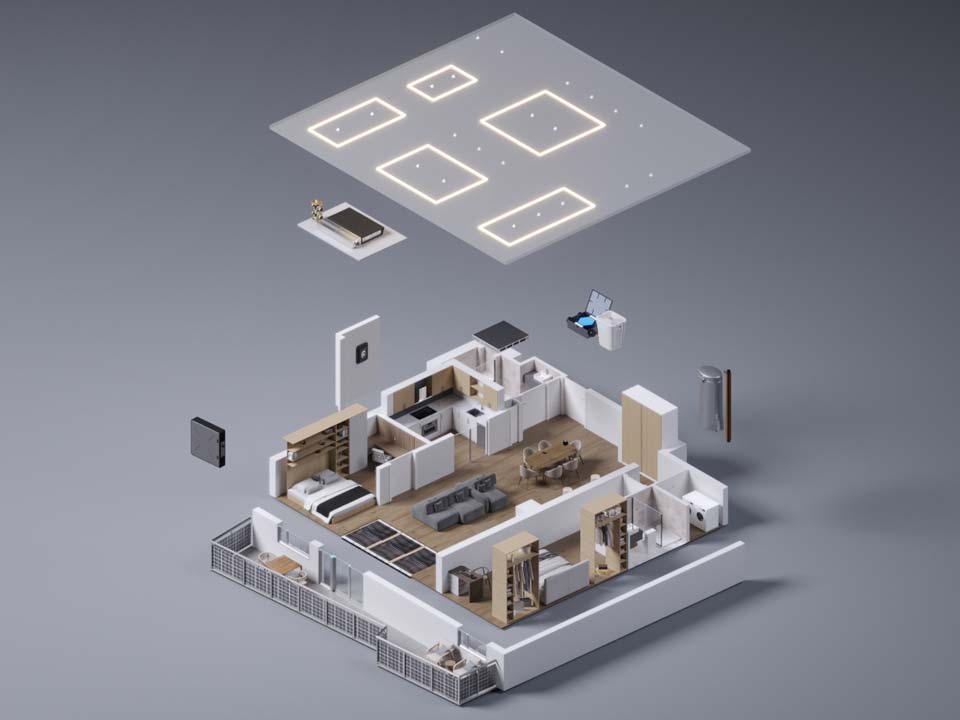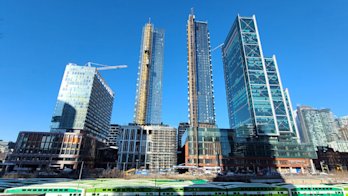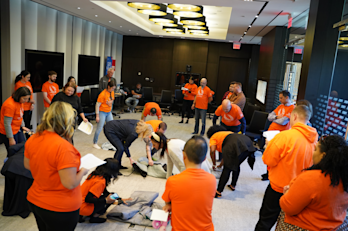October 19, 2022
Tridel is on a Mission to Reduce Construction Waste.
We are committed to reducing our organization and built communities’ footprint without compromising homeowners’ comfort.
Over 20 years ago, we made a commitment to become a more sustainable builder. Since then, we have continued to push boundaries and pursue innovative solutions in different aspects of our business including: architecture, interior design, construction, technology, and community building. We are committed to reducing our organization and built communities’ footprint without compromising homeowners’ comfort.
Our continued pursuit of sustainability has been recognized by our industry, and beyond. Tridel has been awarded the BILD Green Builder of the Year an unprecedented 13 times, and the Ontario Home Builder of the Year six times. In 2021, we achieved LEED Platinum certification for Aquavista, LEED Gold certification for 101 Erskine, launched two communities targeting LEED Silver certification and occupied three buildings while awaiting LEED certification (one Platinum, two Gold).
Waste Diversion Programs On-Site.
Our waste diversion programs are implemented during the construction phase of every project. Materials such as wood, scrap metal, drywall, concrete, and cardboard are diverted from landfills and brought to the appropriate recycling facilities. Tridel developments on average divert 85% of their construction waste. In addition, we also work with suppliers to ensure that at least 30% of construction materials (by cost) are manufactured/sourced locally (i.e., within 800km of the site & manufacturing location(s)) and at least 20% of construction materials (by cost) will contain recycled content.
As a sustainable developer, our commitment for on-site best practices involves the conservation and protection of the natural environment by reducing waste, emissions, and other pollutants, while minimizing the impact of construction. We voluntarily go above and beyond Ontario’s regulations for reducing, reusing and recycling with a goal of zero disposal on each of our sites because it is the right thing to do.
A recent study for CO2 emissions indicates that building construction is responsible for 10%of all energy-related emissions globally. To address this, our innovation and sustainability team is largely focused on reaching near net-zero carbon emissions for buildings under construction in 2030 and beyond.
In the meantime, Tridel has already incorporated technologies that reduce embodied carbon emissions, waste and improve construction efficiency. These technologies include prefabricated construction and carbon sequestration such as Carbon Cure.
At our FORM community, we utilized Carbon Cure Technology (CCT) to inject postindustrial carbon back into the concrete, making the newly constructed building a permanent depository for carbon that otherwise would have been released to the atmosphere.

Waste Reduction in Tridel Communities.
In our communities, it is our goal to reduce building occupant waste that is hauled to and disposed of in landfills and incinerators. Although we cannot control individual occupant waste patterns, we can influence them through thoughtful design by providing occupants with the necessary tools to dispose of waste responsibly. These tools include providing:
A central residential waste collection system that uses a chute and sorting equipment for garbage, recycling and organics and is stored in a central room in the tower that is accessible for pickup.
Individual suite waste collection and sorting systems for garbage, recycling and organics.
A central room to provide storage space for divergence of textiles, bulky waste, and hazardous waste.
Training and education sessions for residents to understand proper waste diversion within their community

For non-residential spaces in our developments, we also include:
Central waste storage space for garbage, recycling and organics that can be easily accessed for pickup.
And are developing green lease requirements for tenant leases (i.e. restricting the use of single use plastics)
Although our waste reduction programs are changing the way Torontonians live and how we build, we recognize there is still a long way to go – which is why we continue to push the boundaries through sustainable building practices. Beyond waste reduction, other large-scale efforts we’re working on to reduce on to reduce the environmental impact of our communities include incorporating district energy systems, optimizing direct current power, and continuing to improve the performance and resiliency of our buildings.
To learn more about our commitment to the environment and other elements of our CSR commitment, visit tridel.com.
Latest Tridel News
Featured articles
